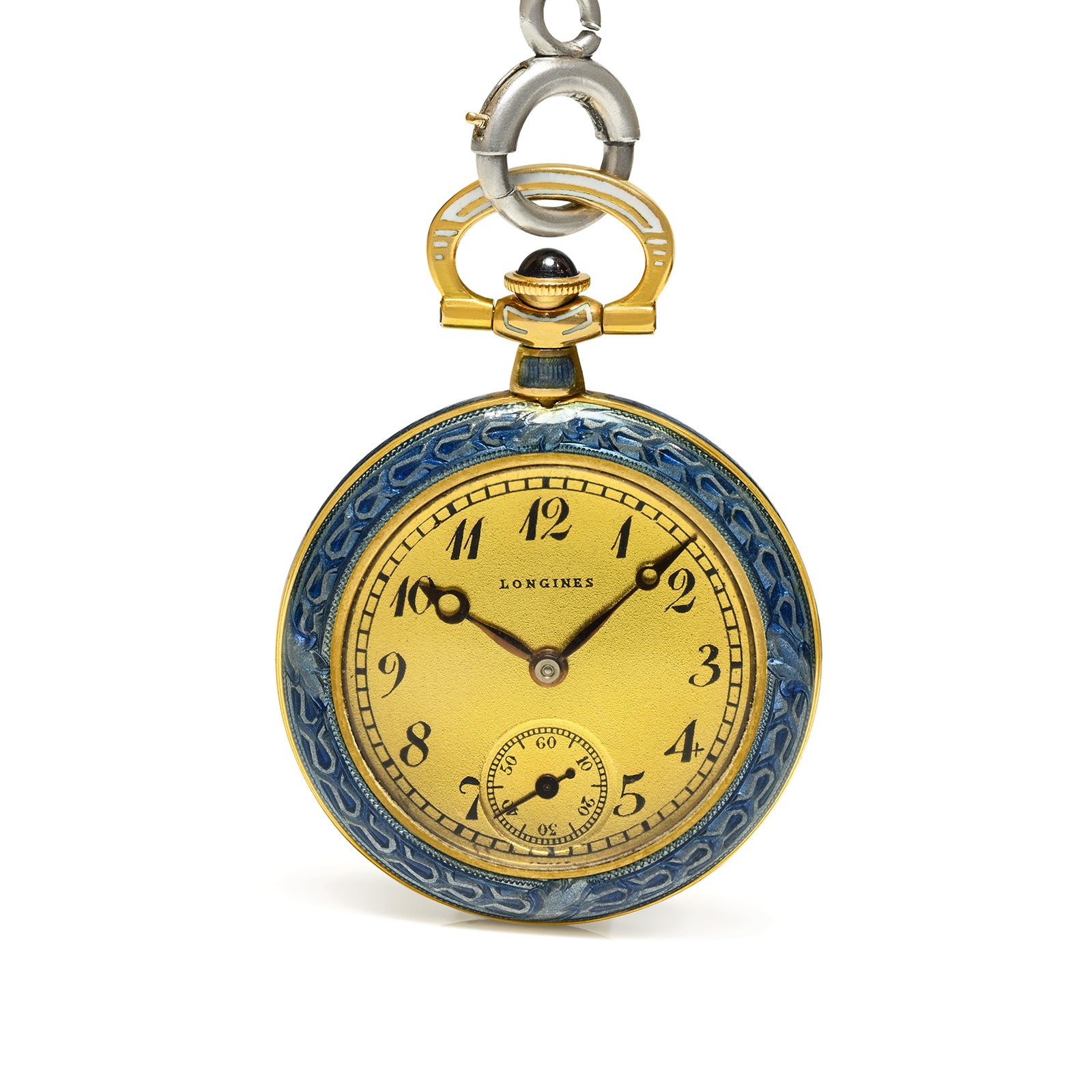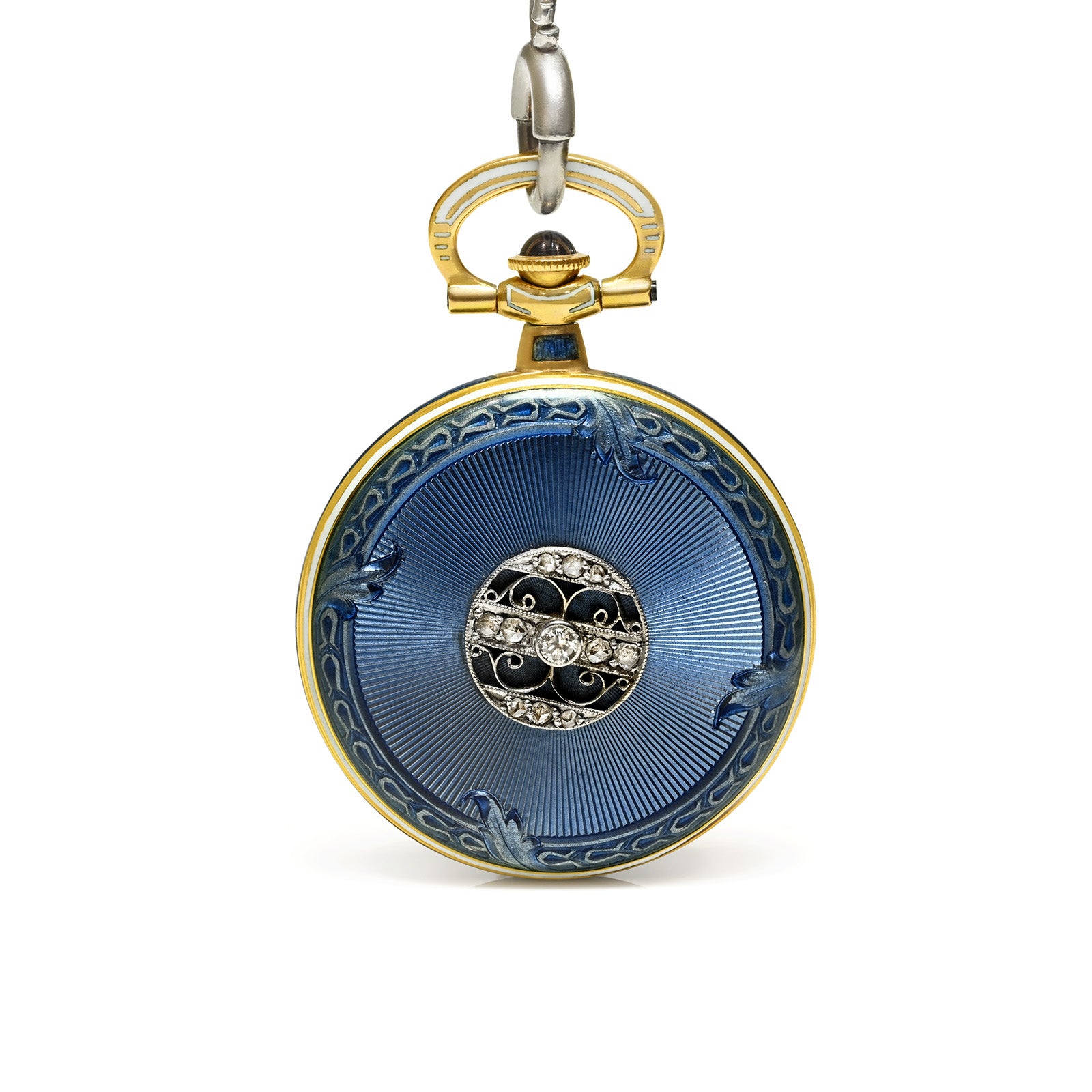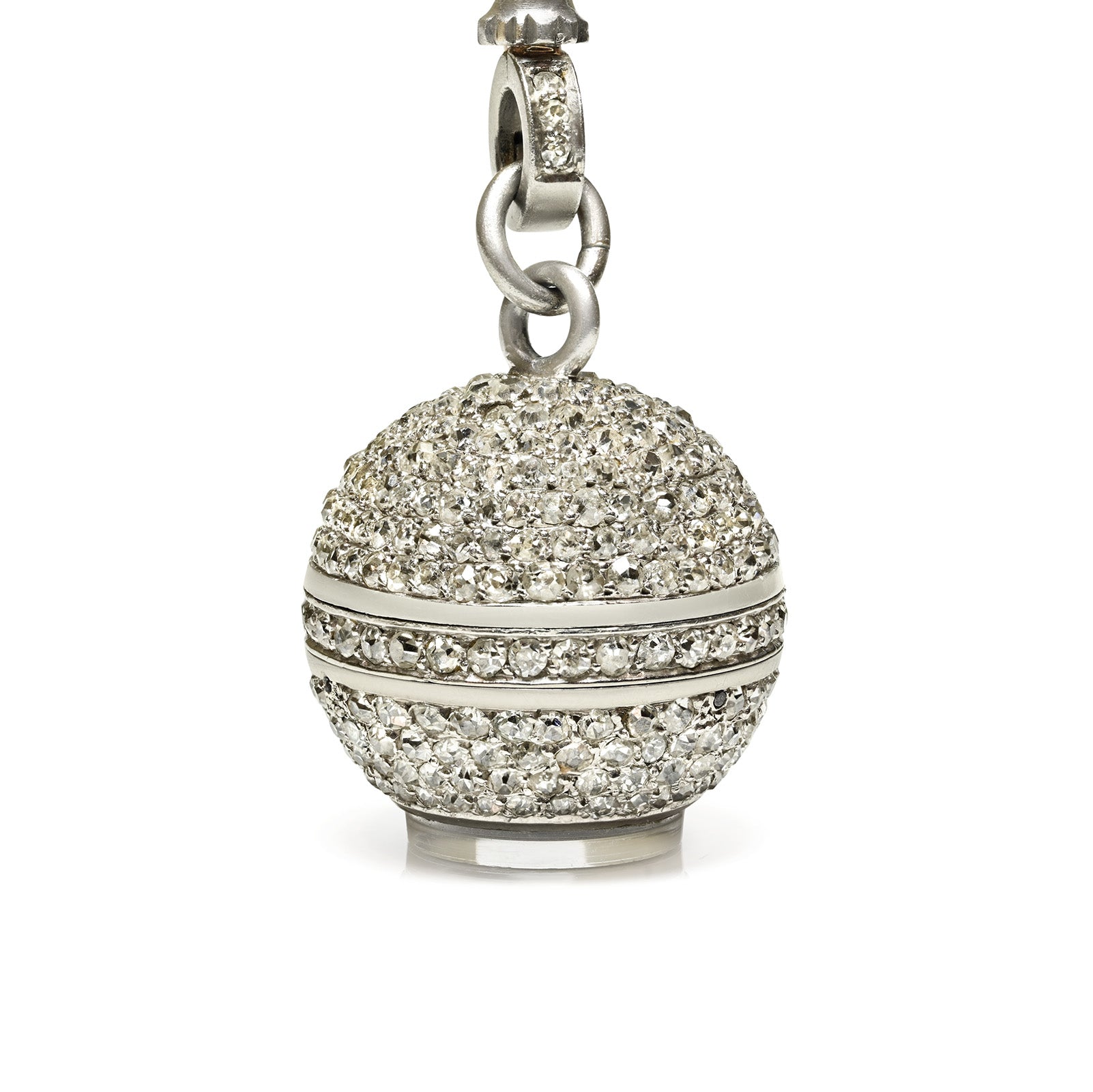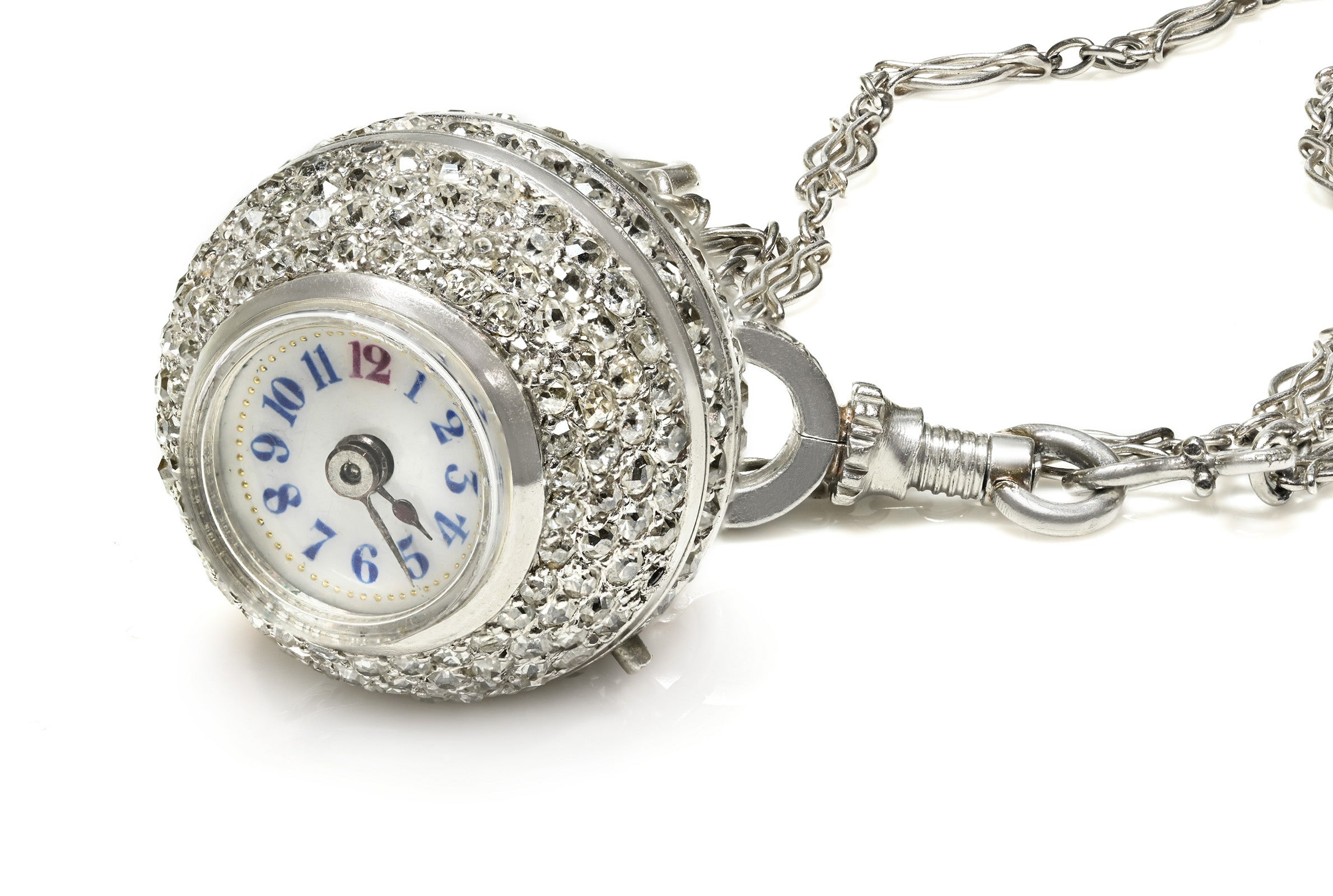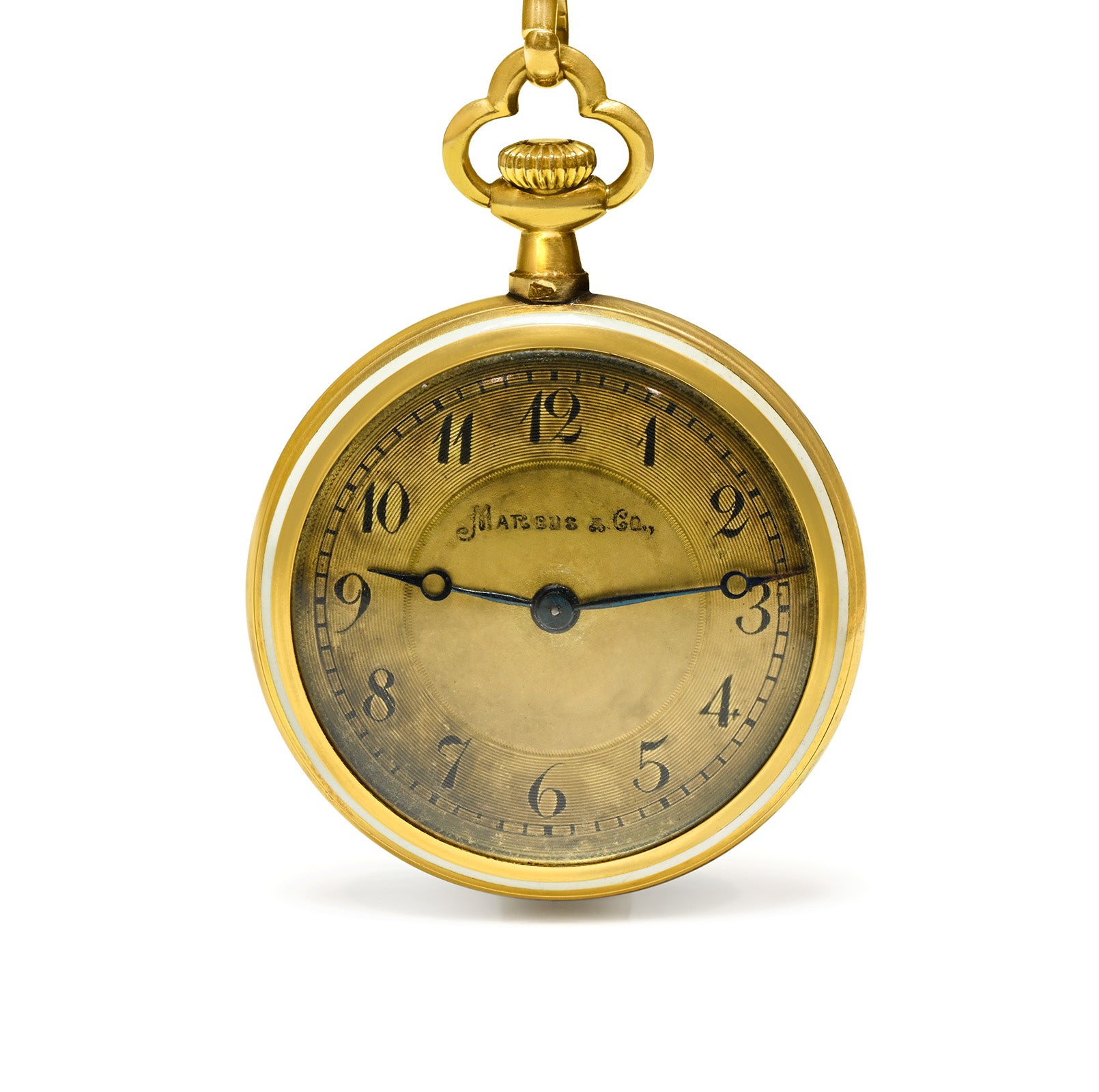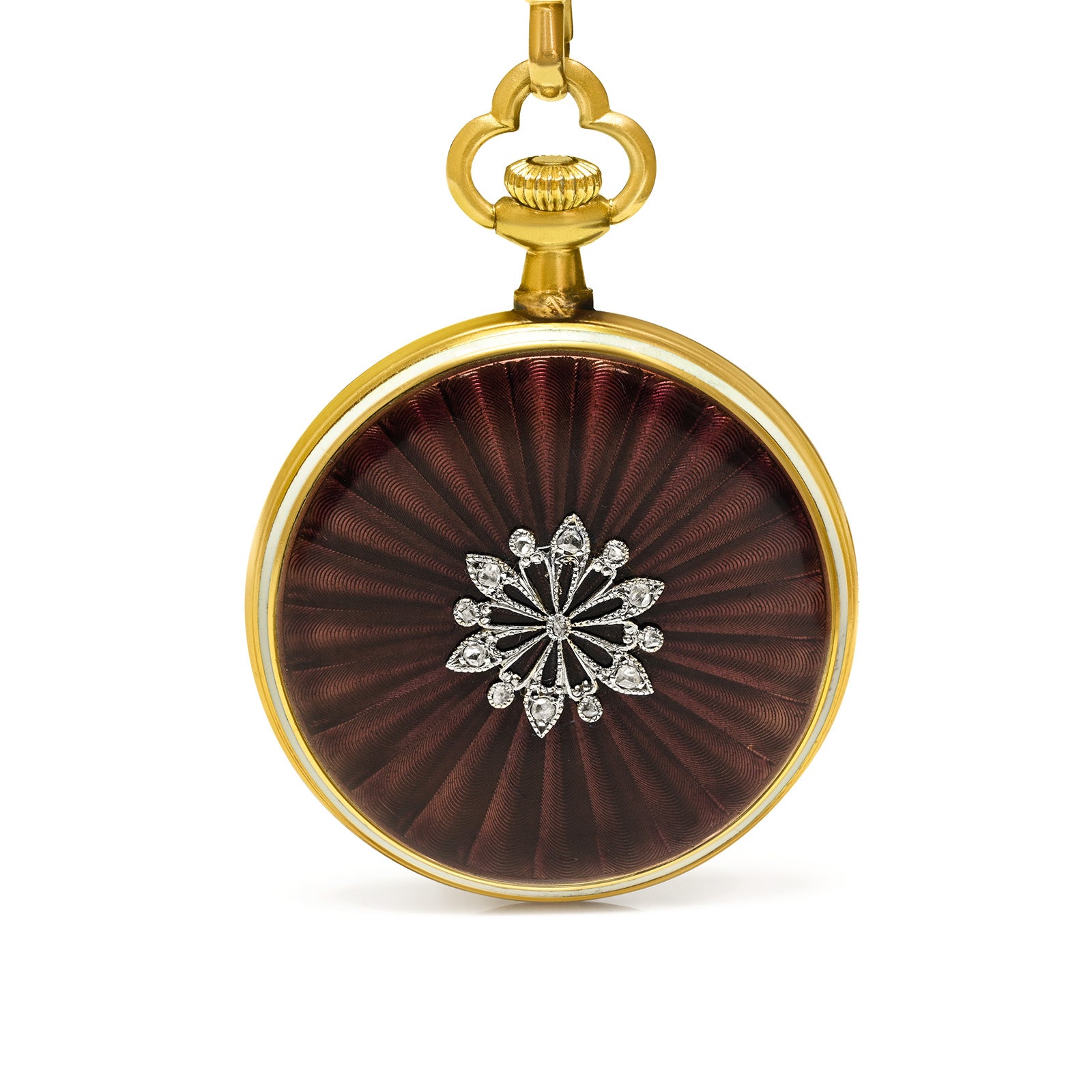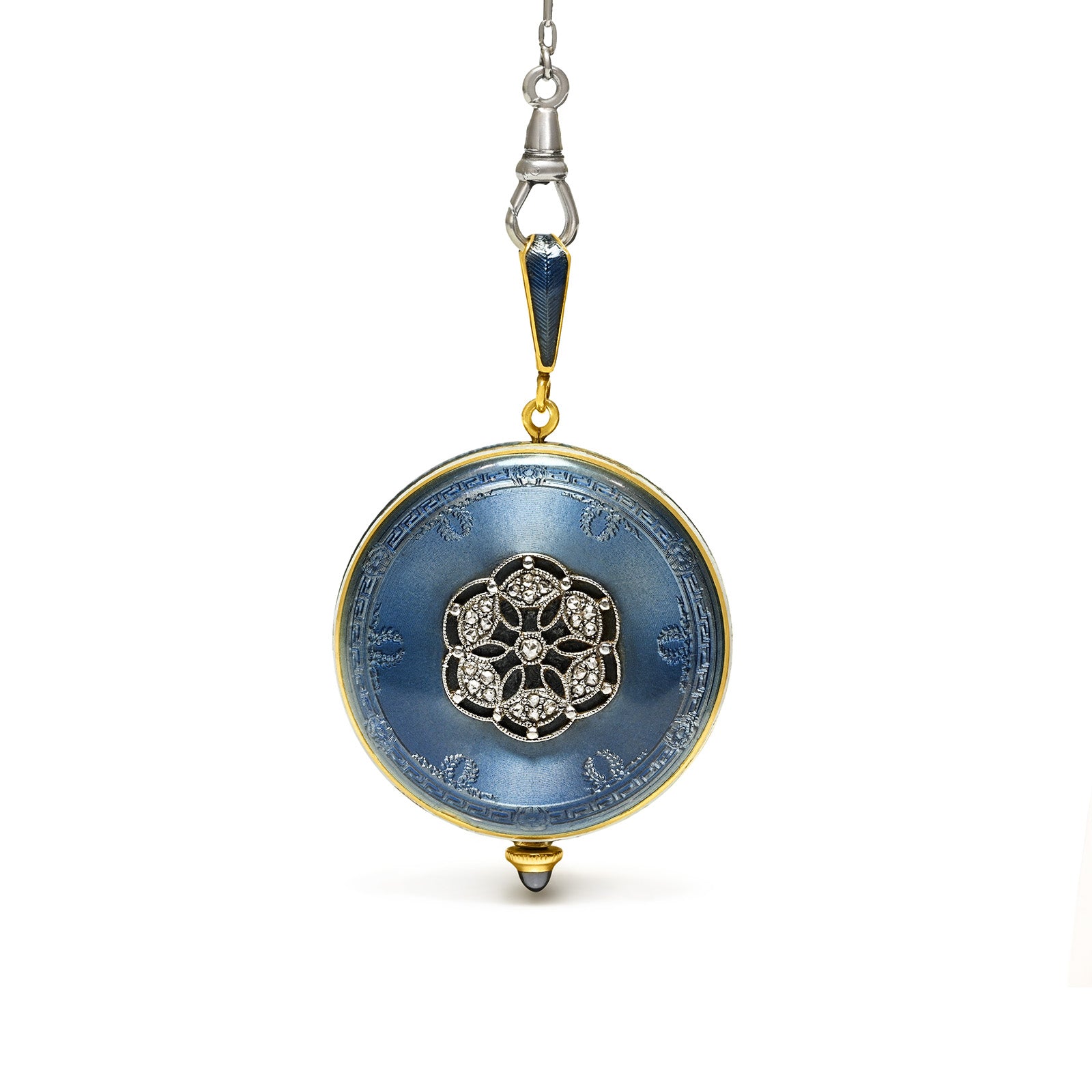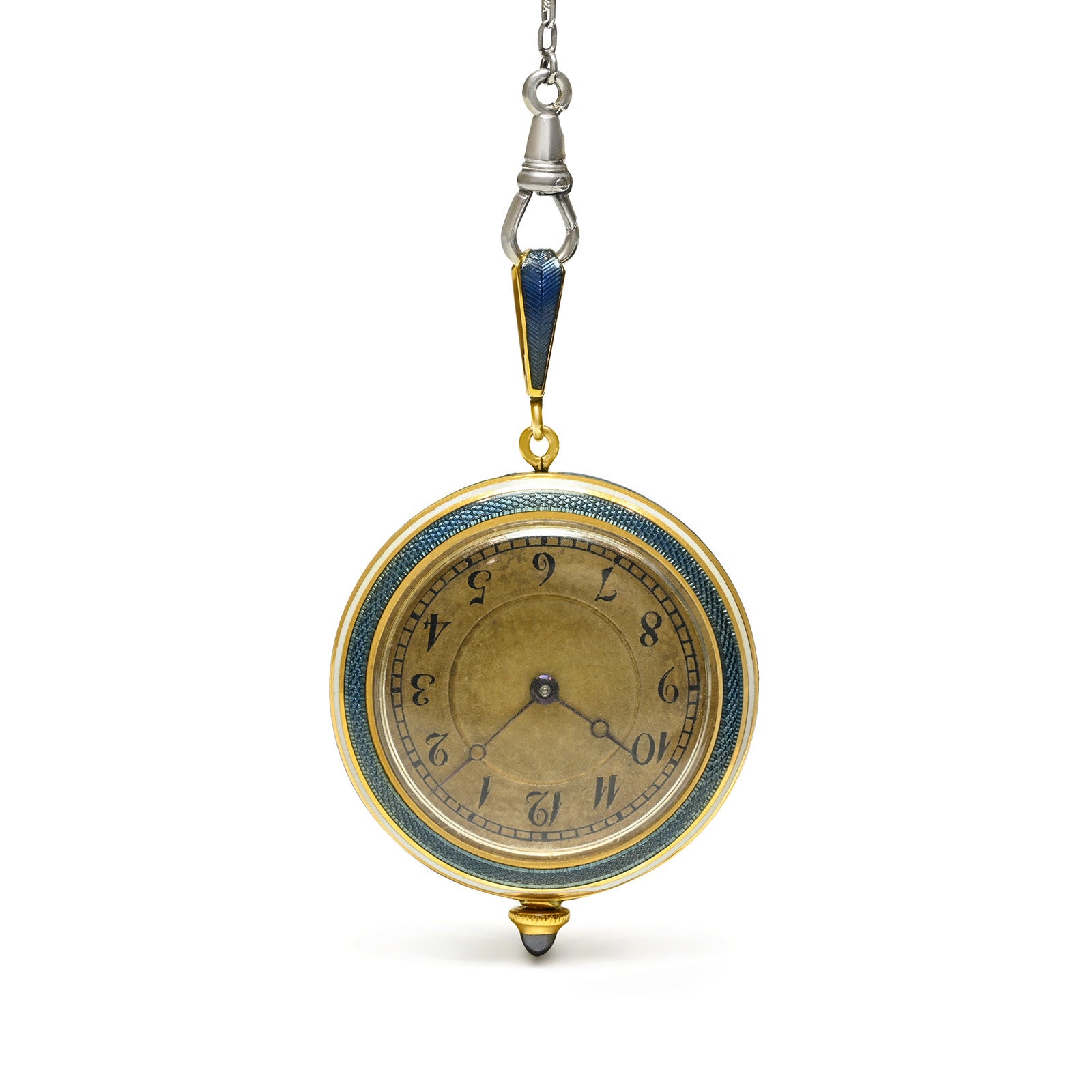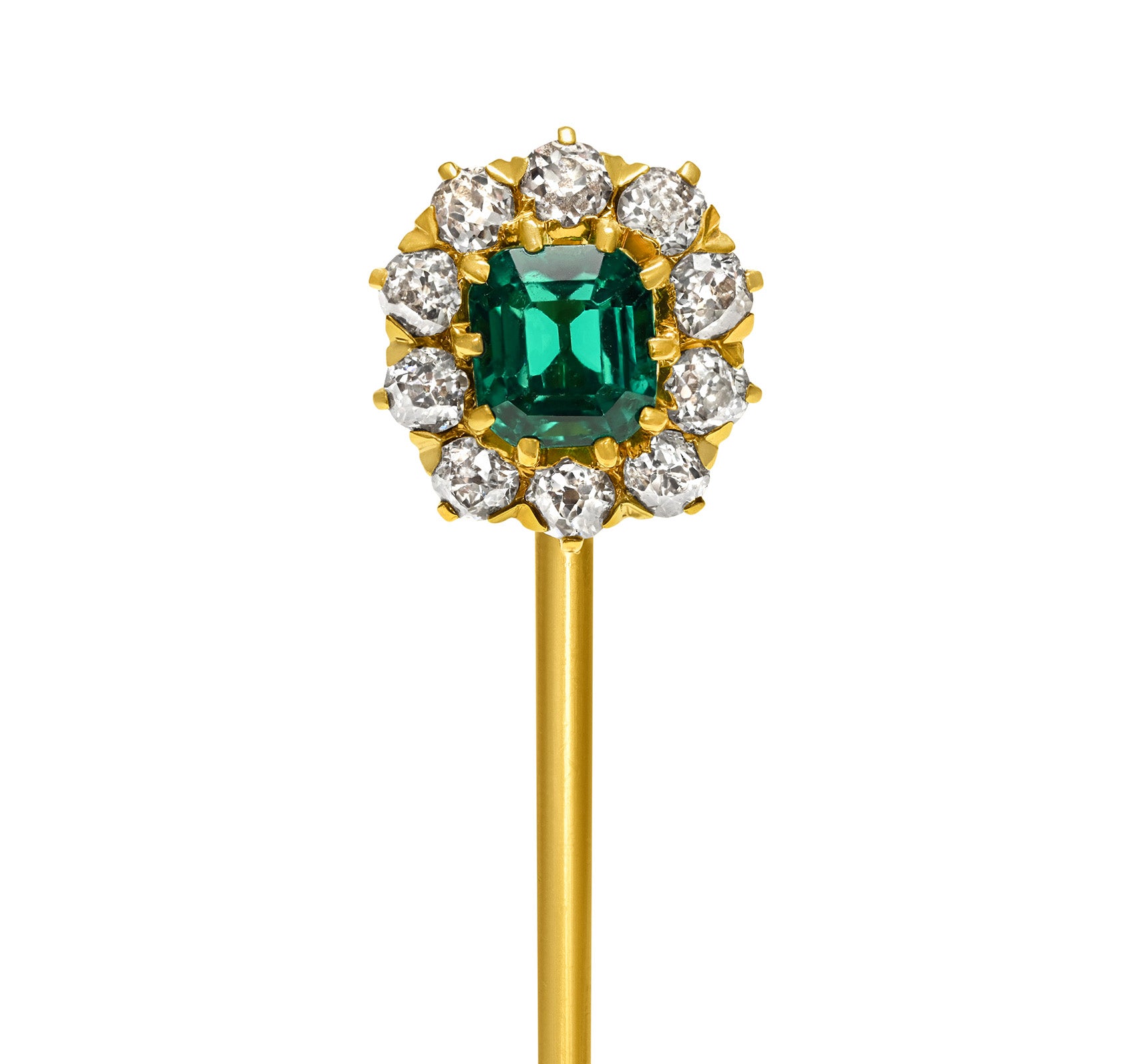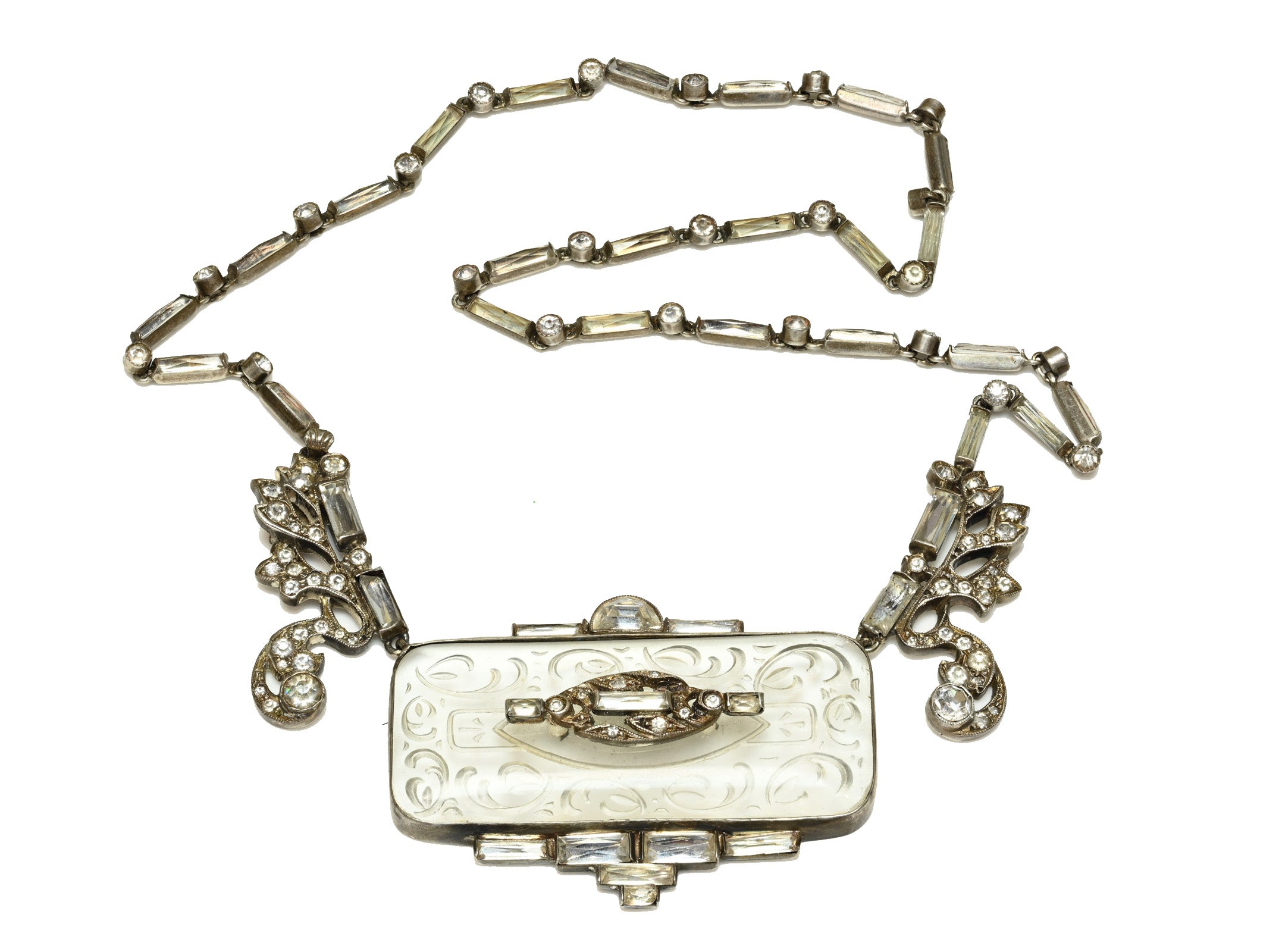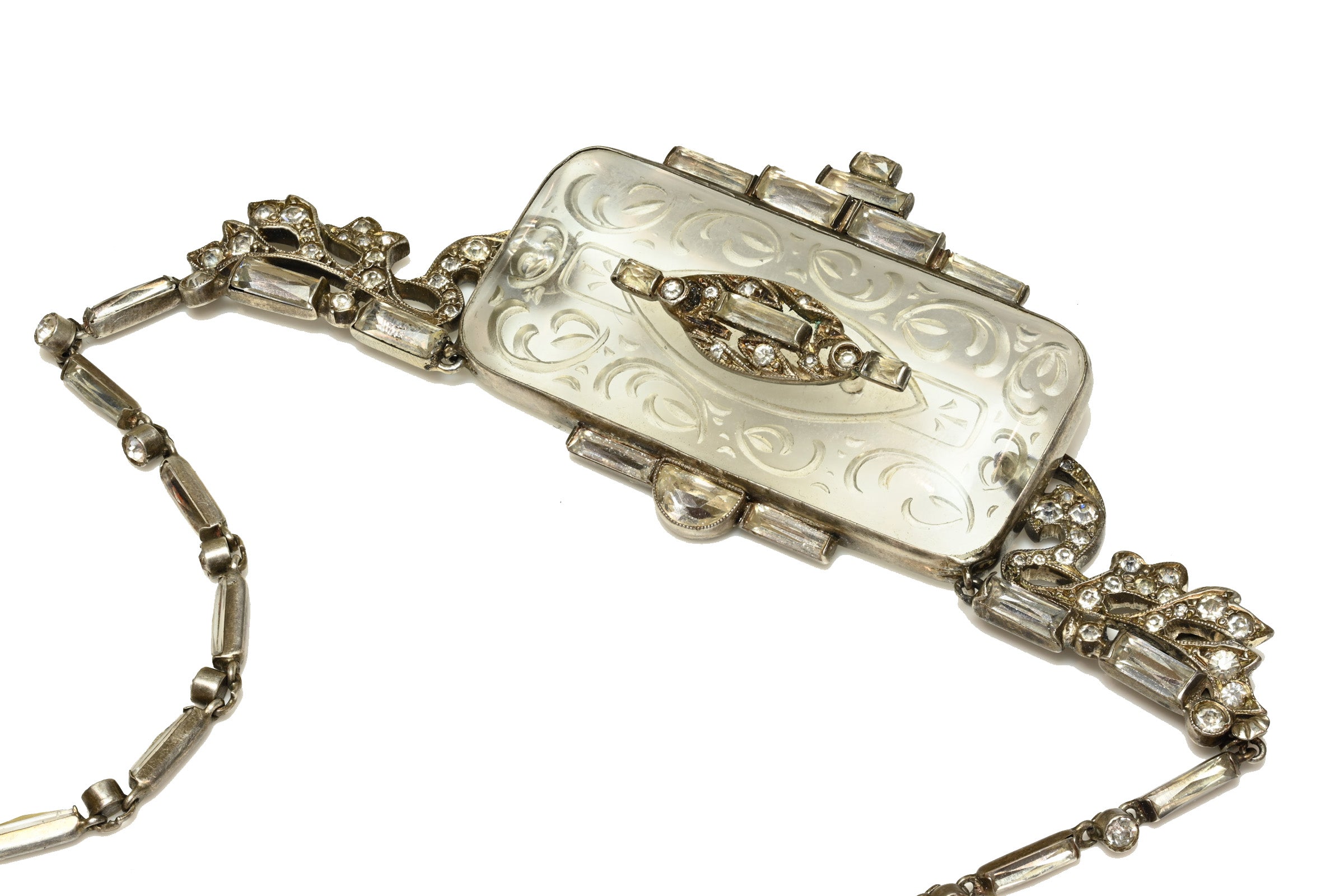The Great Celtic Civilization Reveals its Secrets: Priceless Treasure Discovered in the Lost Ancient Capital
Archaeologists at the University of Toulouse have made an impressive historical discovery in France: the "lost ancient capital" of the Celtic civilization.
Here, they found a treasure, which contains jewelry, weapons, and other artifacts from the Bronze Age, almost 3,000 years ago. Hundreds of priceless objects have been unearthed near Ganant, a town in central France, 18 kilometers from Vichy.
According to the Daily Mail, the researchers believe that the artifacts were buried as part of a ritual. The treasure found at the Gannat archeological site was scattered in five different deposits; one of which had already been targeted by scavengers.
"The excavations are not complete, but we already have about 800 objects, most of them intact. It is for the first time when we discover four intact treasures, which we can recondition in the laboratory, in the best conditions," said the head of the team of archaeologists, Pierre-Yves Milcent from Jean Jaurès University in Toulouse, France.
The Treasure is Connected to Ancient Rituals
Experts believe that these deposits of precious objects, three of which were arranged in vessels, could have been buried to form a divine offering.
"The decorations and symbols of the bronze objects refer to a cult of the Sun, which was an important deity at that time, as in Egypt," said the archaeologist.
Bracelets, rings, pendants, ax blades, weapons, such as knives, spears, and swords were discovered. Researchers believe that jewelry items were most likely worn by women and children.
It is a discovery that shakes the theory of the origin of religion. The artifacts will help archaeologists get an idea of what life might have been like for the Celtic civilization about 2,800 years ago.
The Celts were an important civilization in Europe - the first evidence regarding them appeared in the seventh or eighth centuries BC. The Romans called this population Gauls, and the Greeks Keltoi, which means barbarians.
The term "celts" is a relatively modern one, used only in the nineteenth century to describe the peoples who lived in central Europe (France, Germany), Austria, Great Britain, and Romania (their presence being attested on the territory Transylvania).
Interesting things about Celts
Celtic culture, and most likely the Celtic language, has its origins in central Europe, the earliest major settlement being in Hallstatt, Austria, dating from 1200 BC.
Here are some interesting things about this ancient civilization.
The term "celt" derives from the Greek "keltoi" or "galatae" and the Latin "celtae" and "galli". The term by which the Celts referred to themselves is not known, but it may be a word similar to modern "gael".
The Celts had a very rich commercial activity, in principle exchanging iron tools and weapons (many with more elaborate decorations than those in the Mediterranean world) for wine and ceramics. They also imported amber from the Baltic area to resell to the Greeks and Romans.
The Celtic world was highly decentralized compared to the Roman world, but there were also high-walled cities that competed with the Latin ones. Moreover, recent studies show that in some scientific and economic respects they were more advanced. For example, the pre-Roman calendars had a much higher degree of accuracy, perhaps even higher than that of the Gregorian calendar.
How Were the Celts Organized
Each tribe was organized into seven clans, each led by a tetrarch (chief) assisted by a judge, a general, and two sub generals.
Each clan sent 25 "senators" to a central altar called a "drunemeton". The Celtic nobility was famous for the very neat way of arranging their hair and for the immense fortunes as they had more than 400 gold mines only on French territory.
The Celts are the inventors of chain links (~ 300 BC) and helmets used later by the Romans. They were considered ferocious barbarians. Around 400 BC, they controlled the area between the Apennines and the Alps. They plundered Rome in 390 BC.
Even Alexander the Great was afraid of them, thus he hastened to make a treaty with them in 335 BC, before storming the Persian Empire. In 281 BC the Celts invaded Macedonia and plundered Delphi in 279.
In the Celtic society, we find Druids, priests, fortune tellers, prophets, astronomers, judges, and counselors, among others.
One of the most prominent deities in the Celtic polytheistic cult is Lugus / Lugh, whose main altar is in Lugdunum (Lyon). Patron of business affairs, protector of travelers, inventor of the arts, his attributes equate him with Mercury or Hermes, from Greek and Roman mythology. Celebrated on August 1, his symbol was the raven.
The Celtic warriors beheaded their defeated enemies, took their heads as trophies, and exposed their beheaded bodies by clinging them to wooden scaffolding.
Celtic society gives much more freedom and power to women.
Greco-Roman women were forbidden to get involved in business affairs and were always confined to the household under the supervision of the men in the family. The Celtic woman even had the right to take part in the war and lead a tribe.
Some names of modern locations come from the Celtic tribes. For example, Bohemia was named after the "oxen", Belgium after the "belgae". The old name of Switzerland, Helvetia, comes from the "Swiss" tribe. Paris itself earned its name from the Parisian tribe, and Lyon is a development of the Celtic Lugdunum, "Lugh's fortress on the hill."
Countless regions and cities in France have inherited their names from Gallic or Belgian tribes: Namnetes – Nantes, Turoni-Tours, Carnutes-Chartres, Pictones-Poitiers, Cenomani-Rennes, Lemovices-Limoges, etc.




